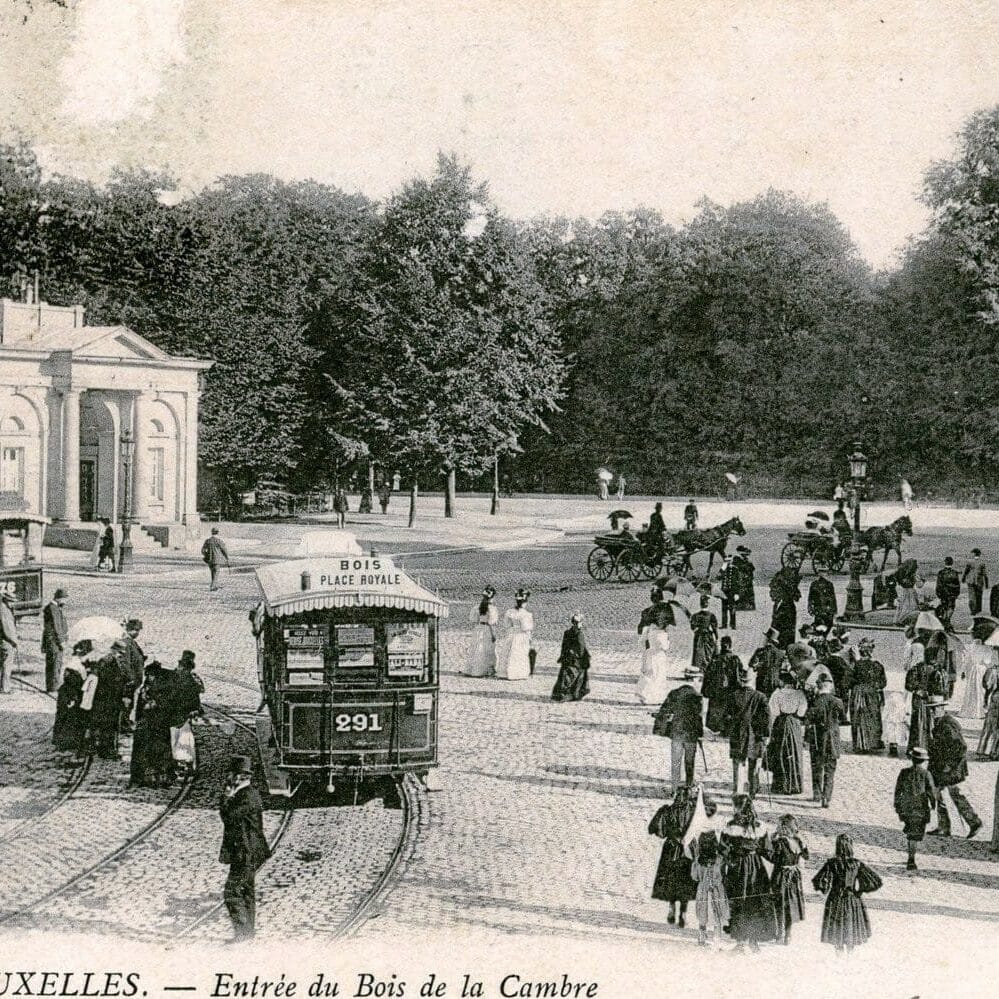Mobility and transport
The Low-emission zone as an active exnovation policy
On the way towards the phase-out of the most polluting vehicles in Brussels?

Exnovation in the field of mobility and transport often seems to take the shape of a low-emission zone. This is at least the case for the Brussels Capital Region, as well as for several other European cities.
To improve air quality, the Low Emission Zone (or LEZ) has been implemented in 2018 by the administration in charge of environmental issues (Bruxelles Environnement): gradually, the oldest vehicles are banned in Brussels. Eventually, combustion engines could be banned completely in Brussels, for the purpose of the fight against climate change.
Those measures are being lively debated. The legitimacy of the LEZ has been questioned on some aspects and the future developments in this policy are still unknown.
In GOSETE, we seek to address the following research questions:
Is the LEZ an ambitious policy measure at the city level in order to address current exnovation challenges? What about other urban mobility measures related to exnovation challenges? What do we precisely want to phase-out and what is the direction that we want to take?
For more information on the origin of this research worksite: please read the complete dedicated article (in French)
If you are involved in this working area and you want to contribute to GOSETE by sharing your view: please contact us!
The first results of the GOSETE project for this working area
The report of the Sustainability assessment research team titled "The LEZ and its future from an exnovation perspective - Potential sustainability impacts and alternative paths".
On the 2nd of March we hold the workshop "Exploring sustainability impacts of prospective scenarios for low-emission mobility in Brussels". This workshop gathered a serie of Brussels and Belgian actors to explore the range of sustainability impacts of exnovation scenarios. Please find here the report (in French).
Blog articles · Mobility and transport
Press review · Mobility and transport
Report de la ZBE wallonne : OK, mais…
Canopea (ex-IEW) et Greenpeace
09/11/2022
Communiqué saluant la récente décision de reporter du lancement de la LEZ, “qui toucherait principalement des ménages précarisés sans apporter d’amélioration significative de la qualité de l’air” et appelant à des politiques (d’exnovation?) plus efficaces et ambitieuses
Mathieu Chassignet, ingénieur spécialisé en mobilité: “Les automobilistes sont globalement très râleurs”
L’écho
27/10/2022
Les nouveaux plans bruxellois visant à réduire le trafic automobile ne devraient pas tuer les commerces mais vont probablement les modifier, aux autorités à “doubler la politique de mobilité d’une politique d’encadrement commercial” pour ne pas autoriser trop d’horeca et de franchises, et soutenir les commerces existants.
« La critique des modes de consommation des plus nantis n’est pas suffisante pour fonder une stratégie écologique »
Le Monde
19/10/2022
Dans une tribune, Matthias Petel (UCL) plaide pour “une extension de la démocratie à la sphère économique pour que nous puissions collectivement distinguer ce qui doit être produit de ce qui ne peut plus l’être, et répartir de manière juste les coûts et bénéfices de cette mutation.”

